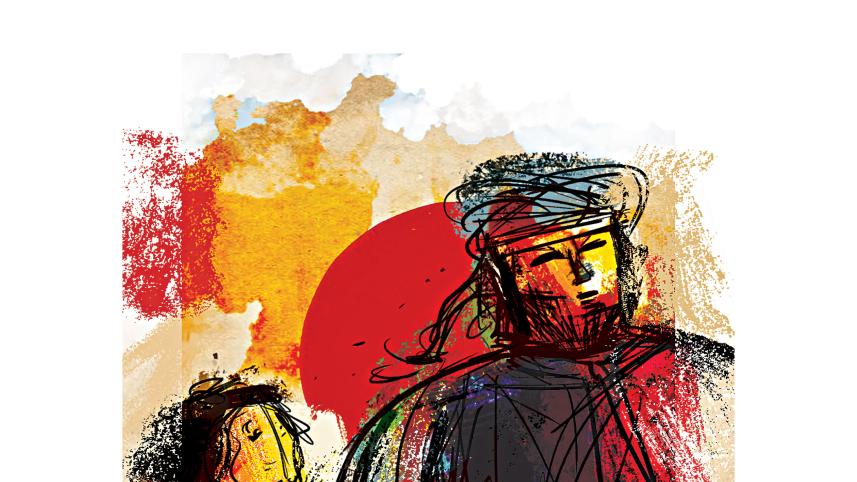What do we learn from Rabindranath Tagore’s ‘Kabuliwala’?

Rabindranath Tagore was a polymath who revolutionised Bengali literature and music. Let us revisit "Kabuliwala", one of his most famous short stories.
In the short story, readers are introduced to Mini, a curious young girl, and her father, who is the narrator. One day, an Afghan vendor called Rahamat, who sells exotic fruits comes over to their house and soon develops a filial bond with Mini. Despite Mini's family being well-off and Rahamat being an underprivileged outsider, an unconventional friendship strikes between Mini and Rahamat that transcends age and social class. The story portrays true connections built between people from different walks of life.
Rahamat also has a daughter of his own, but he is miles away from her. Soon after he meets Mini, they both begin to enjoy each other's company – He listens to her constant chit-chats patiently, and she reminds him of his daughter.
Mini's mother does not understand why a man of Rahamat's age, class, and race would want to associate with her daughter. Subsequently, Mini's father asks him to leave. Tagore brilliantly portrayed how people in the upper class are so comfortable in their own bubbles that they refuse to step out of it. When a feeling of trust is instilled from one father to another, Mini's father eventually eases to Rahamat.
Unfortunately, Rahamat gets arrested for defending himself during a scuffle, and is imprisoned for 10 years. When he is released, he goes back to Mini's place, only to realise that she is no longer that little child anymore. She has grown up, and is now ready to be married. Despite the passage of time, Rahamat's memories of Mini are still fresh, but Mini does not seem to reciprocate that.
Rahamat is forced to face the harsh truth that his own daughter back in Afghanistan must have grown up too, and does not remember him very well.
He shares this with Mini's father, who understands his pain and grief, as he is about to be parted with his daughter too. So, Mini's father gives Rahamat money to go visit his daughter. Yearning for a loved one and the spirit of sacrifice are integral themes of the story.
Although class pride and bias initially prevent Mini's father from treating Rahamat with respect and equality, their common ground as fathers of well-loved daughters suggests that they are not so different after all, allowing them to truly connect with each other.
The author is a freelance journalist. Email: shanzaychowdhury@gmail.com.




 For all latest news, follow The Daily Star's Google News channel.
For all latest news, follow The Daily Star's Google News channel.
Comments